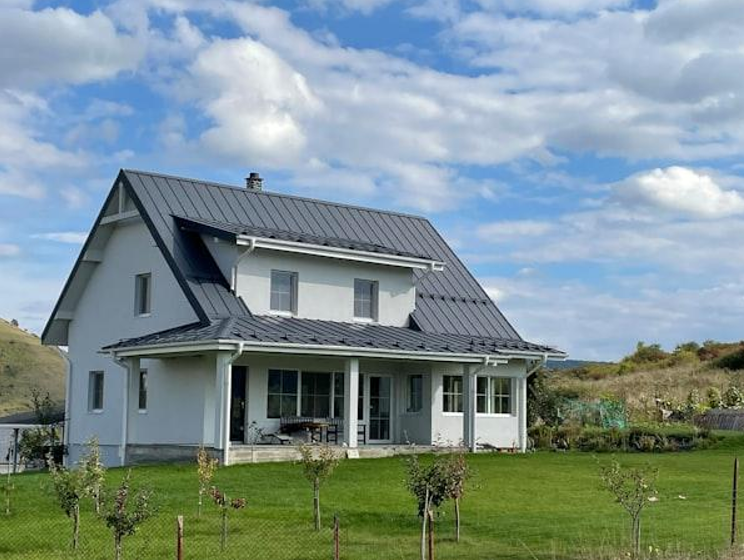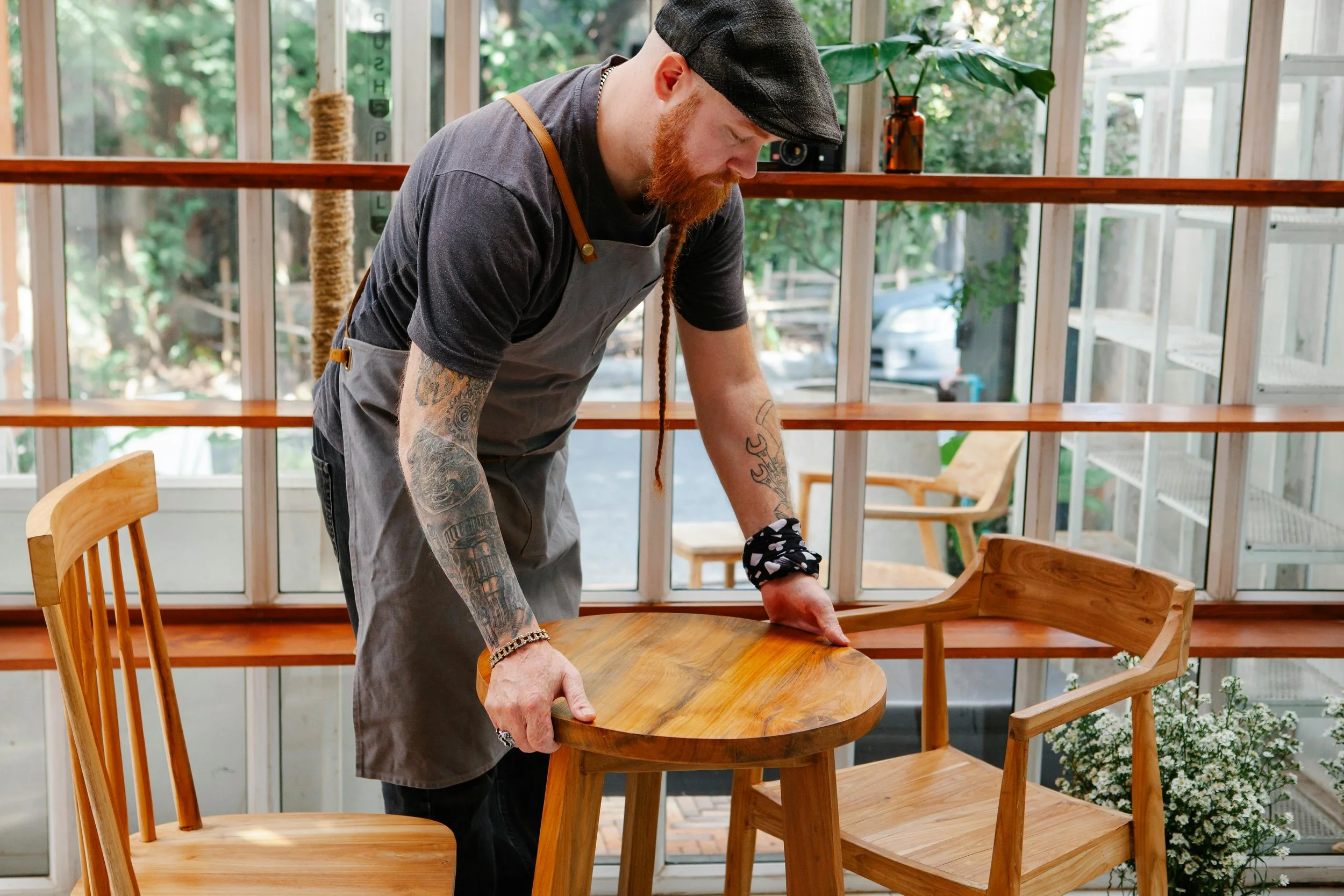10 Moving and Packing Tips for Your Smoothest Move Yet
Moving to a new home can be exciting, but it often comes with stress and chaos. Without proper planning, the experience can turn overwhelming. But with some smart strategies, you can make the process easier, quicker, and even enjoyable. These tips will help you save time, avoid damage, and cut costs, making your next move your best yet.
Planning Your Move for Success
Assess Your Moving Needs and Create a Timeline
Before lifting a box, get clear on what you need to do. Decide on your move date and how much you’ll be bringing along. Do you have furniture, fragile items, or special equipment? Make a list of everything needing packing.
Using a moving checklist can really boost your organization. Break tasks into weekly goals like sorting, packing, booking movers, and cleaning. Planning ahead helps prevent last-minute chaos.
Budgeting for Your Move
Moving can surprise you with hidden costs. Estimate how much you'll spend on boxes, tape, movers, and unexpected repairs or expenses. Try to set aside a buffer amount for emergencies.
To save money, compare prices for packing supplies and hire reputable but affordable moving services. DIY options can cut costs, but make sure it’s safe and manageable.
Decluttering and Organizing Before Packing
The Benefits of Decluttering
Moving is the perfect time to get rid of things you no longer need. Toss out broken items, outgrown clothes, or unused gadgets. Less stuff means lower moving costs and easier packing.
Plus, a clutter-free new home starts with a good clean slate. You'll unpack faster when everything is organized and has a designated space.
Effective Decluttering Strategies
Sort your belongings into four groups: keep, donate, sell, or throw away. Be honest — if you haven’t used it in a year, probably not worth packing.
Organize garage sales or schedule donation pickups in advance. Clear out promptly to lighten your load and make the move smoother.
Packing Smart and Safely
Gather the Right Packing Supplies
Don't underestimate the power of good materials. Durable boxes, strong tape, bubble wrap, and packing paper are essentials. Avoid cheap supplies that might break or tear.
Look for eco-friendly options or bulk deals at hardware stores or online. Using recycled boxes keeps costs low and helps the environment.
Packing Techniques for Safety and Efficiency
Label each box with its contents and the room it belongs to. Use color coding or numbering for easy identification.
Wrap fragile items with bubble wrap or packing paper. Fill empty spaces with packing peanuts or crumpled paper to prevent shifting. Disassemble beds, tables, and large furniture to protect corners and make transport easier.
Maximize Space and Minimize Stress
Strategic Packing to Maximize Space
Use every inch inside your boxes. Fill gaps with smaller items or packing material. Place heavier items at the bottom to stabilize the box.
Stack boxes carefully to avoid crushing or collapsing. Keep similar things together to simplify unpacking.
Creating a Moving Day Kit
Prepare a small bag with essentials: toiletries, snacks, chargers, and important documents. Keep valuables, jewelry, and essential electronics separate and close at hand.
Having this kit ready means you won’t have to rifle through multiple boxes once you're in your new home.
Hiring Professional Movers Vs. DIY Moving
Benefits of Professional Moving Services
Professional movers, such as Moving Company in Irvine, bring experience, reliability, and insurance. They’re trained to handle fragile items and heavy furniture safely. Plus, they save you from physical strain and give peace of mind.
When to Consider a DIY Move
If you're moving a small apartment or on a tight budget, a self-move might be best. Rent a truck, recruit friends or family, and plan your route.
Be sure to secure a transportation vehicle of the right size. Pack smart and lift carefully—taking safety precautions will prevent injuries.
Preparing Your New Home for Arrival
Pre-move Preparations
Make sure your new place is clean before arriving. If possible, schedule utility hookups—water, electricity, internet—before moving in. Check for any repairs needed so everything is ready to go.
Unpacking and Settling In
Unpack the essentials first: toiletries, snacks, and clothes. Focus on setting up your bed, kitchen, and bathroom quickly. Organize furniture so your new space feels functional and cozy faster.
Label boxes with priority items to streamline unpacking. The less you hunt for things, the sooner you'll feel settled.
Expert Insights and Industry Tips
Moving companies say many common problems happen because people don’t plan ahead. Start early, stick to your schedule, and don't skip on packing supplies. You need packing materials that are sturdy and can support the weight of their contents, such as those used by Dewitt Moving. Moving data shows that most full-service moves take about 2-4 days and cost between $1,000 and $3,000, depending on distance and size. Planning helps set realistic expectations so you won’t be caught off guard.
Conclusion
Moving doesn't have to be stressful if you follow a clear plan. Focus on decluttering, packing smartly, and choosing the right help. Keep organized at every step for a smooth transition into your new home. These 10 tips will save you time, money, and headaches, turning a complicated move into a fresh start you can look forward to. Prepare well, stay positive, and enjoy your new beginning!




